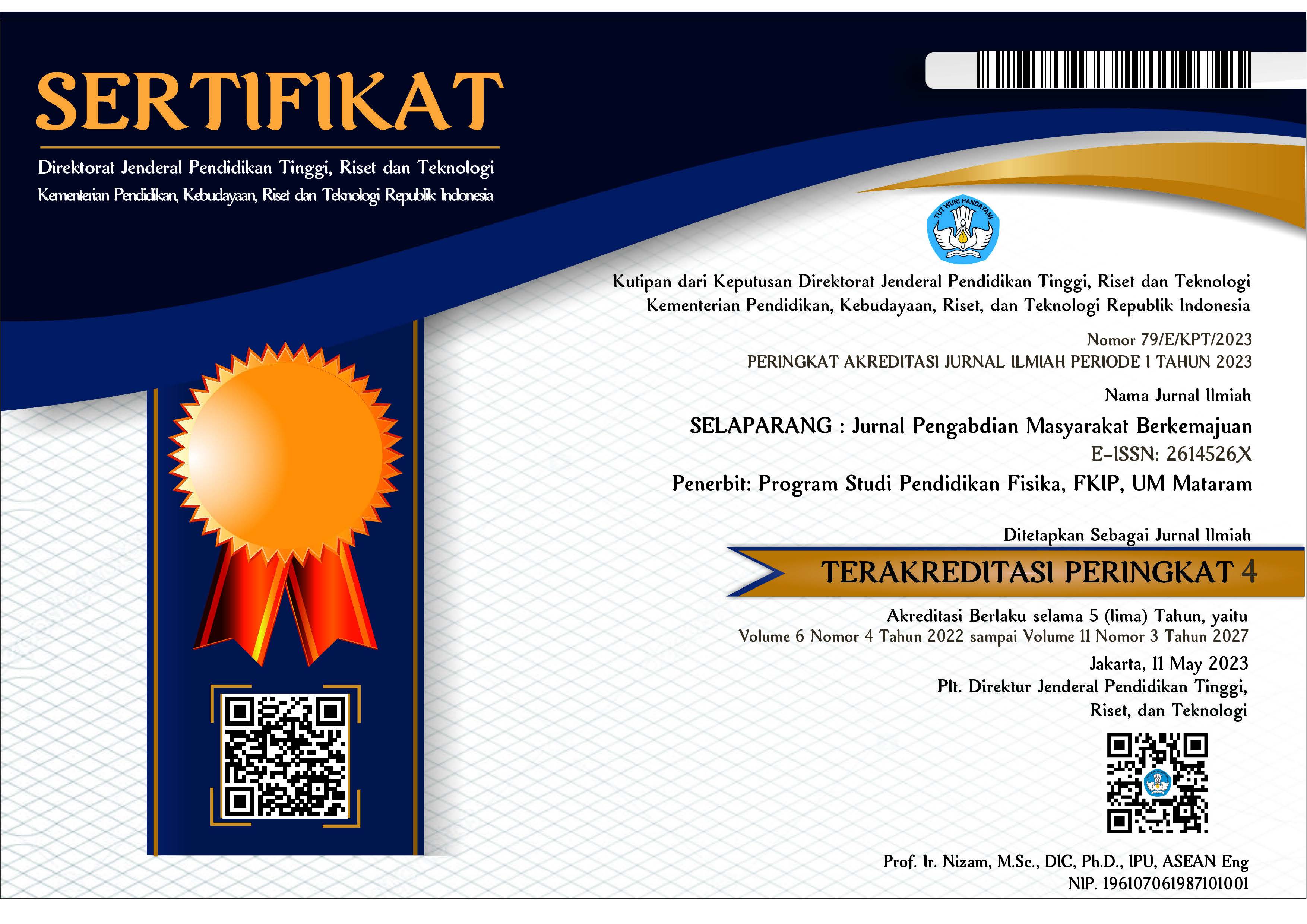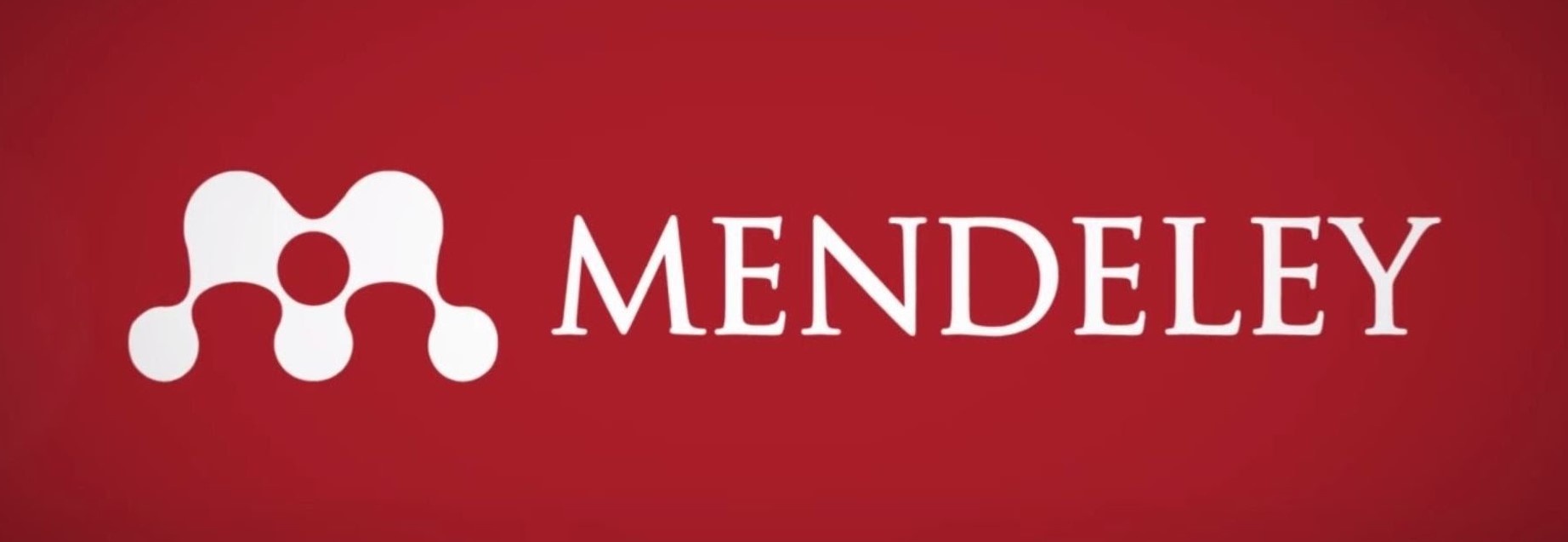Pelatihan penulisan ilmiah dan sosialisasi dampak negatif plagiasi dan perjokian untuk mahasiswa Teknik Mesin Universitas Tamansiswa Palembang
Abstract
Abstrak
Pelatihan penulisan ilmiah dan sosialisasi dampak negatif plagiasi serta perjokian untuk mahasiswa Teknik Mesin Universitas Tamansiswa Palembang merupakan kegiatan pengabdian masyarakat dengan tujuan yaitu meningkatkan pemahaman dan keterampilan mahasiswa dalam penulisan karya ilmiah yang berintegritas. Kegiatan ini dilaksanakan sebagai respons terhadap maraknya kasus plagiarisme dan praktik perjokian di kalangan mahasiswa, yang disebabkan oleh faktor seperti tekanan akademik, kurangnya pemahaman tentang teknik penulisan, dan akses mudah terhadap jasa tidak etis. Metode pelaksanaan terdiri dari tiga tahap utama: pemaparan materi tentang penulisan ilmiah, sosialisasi dampak negatif plagiasi dan perjokian, serta pelatihan praktis penggunaan alat pendeteksi plagiarisme seperti Turnitin dan Grammarly. Mahasiswa peserta kegiatan yang terlibat aktif dalam diskusi interaktif dan praktik langsung. Hasil menunjukkan peningkatan signifikan dalam pemahaman mahasiswa mengenai teknik penulisan ilmiah, etika akademik, dan cara menghindari pelanggaran. Selain itu, mahasiswa juga memperoleh keterampilan menggunakan alat bantu untuk memastikan orisinalitas karya tulis. Kegiatan ini tidak hanya mengurangi risiko plagiarisme dan perjokian tetapi juga membangun budaya akademik yang jujur dan bertanggung jawab. Dampak jangka panjangnya adalah peningkatan kualitas lulusan dan reputasi institusi. Saran untuk keberlanjutan kegiatan ini adalah menjalin kerjasama lebih luas dan mengadakan pelatihan berkala untuk memastikan pemahaman yang berkelanjutan.
Kata kunci: pelatihan; sosialisasi; penulisan ilmiah; plagiasi; perjokian.
Abstract
Scientific writing training and socialization of the negative impact of plagiarism and cheating for Mechanical Engineering students of Tamansiswa University Palembang is a community service activity with the aim of increasing students' understanding and skills in writing scientific papers with integrity. This activity was carried out in response to the rampant cases of plagiarism and cheating among students, caused by factors such as academic pressure, lack of understanding of writing techniques, and easy access to unethical services. The implementation method consisted of three main stages: material presentation on scientific writing, socialization of the negative impact of plagiarism and cheating, and practical training on the use of plagiarism detection tools such as Turnitin and Grammarly. Students participating in the activity were actively involved in interactive discussions and hands-on practice. The results showed a significant increase in students' understanding of scientific writing techniques, academic ethics, and how to avoid violations. In addition, students also acquire the skills to use tools to ensure the originality of the written work. These activities not only reduce the risk of plagiarism and cheating but also build an honest and responsible academic culture. The long-term impact is to improve the quality of graduates and the reputation of the institution. Suggestions for the sustainability of this activity are to establish wider cooperation and conduct periodic training to ensure continuous understanding.
Keywords: training; socialization; scientific writing; plagiarism; cheating.
Keywords
Full Text:
PDFReferences
Amigud, A., & Dawson, P. (2020). The law and the outlaw: is legal prohibition a viable solution to the contract cheating problem? Assessment & Evaluation in Higher Education, 45(1), 98–108. https://doi.org/10.1080/02602938.2019.1612851
Awasthi, S. (2019). Plagiarism and Academic Misconduct A Systematic Review. DESIDOC Journal of Library & Information Technology, 39(2), 94–100. https://doi.org/10.14429/djlit.39.2.13622
Drach, I., & Slobodianiuk, O. (2020). Building a Culture of Academic Integrity in the Student Environment Case of Vinnytsia National Technical University (Ukraine). Creative Education, 11(08), 1442–1461. https://doi.org/10.4236/ce.2020.118105
Eaton, S., Curtis, G., Stoesz, B., Clare, J., Rundle, K., & Seeland, J. (2022). Contract Cheating in Higher Education: Global Perspectives on Theory, Practice, and Policy. https://doi.org/10.1007/978-3-031-12680-2
Ellis, C., Zucker, I. M., & Randall, D. (2018). The infernal business of contract cheating: understanding the business processes and models of academic custom writing sites. International Journal for Educational Integrity, 14(1), 1. https://doi.org/10.1007/s40979-017-0024-3
Febriana, H. F. (2022). STUDI PERILAKU PLAGIARISME DI KALANGAN MAHASISWA DALAM PENYUSUNAN TUGAS HARIAN DAN SKRIPSI. https://eprints.ums.ac.id/102590/1/NASKAH%20PUBLIKASI.pdf
Fishman, T. (2022). Plagiarism, fabrication, and falsification: Defining academic misconduct in the digital age. Journal of Academic Ethics, 20(1), 45-62. https://link.springer.com/journal/10805
Gamage, K. A. A., Dehideniya, S. C. P., Xu, Z., & Tang, X. (2023). Contract cheating in higher education: Impacts on academic standards and quality. Journal of Applied Learning & Teaching, 6(2). https://doi.org/10.37074/jalt.2023.6.2.24
Lancaster, T., & Cotarlan, C. (2021). Contract cheating by STEM students through a file sharing website: a Covid-19 pandemic perspective. International Journal for Educational Integrity, 17(1), 3. https://doi.org/10.1007/s40979-021-00070-0
Newton, P. M. (2018). How Common Is Commercial Contract Cheating in Higher Education and Is It Increasing? A Systematic Review. Frontiers in Education, 3. https://doi.org/10.3389/feduc.2018.00067
Nweke, G. E., Jarrar, Y., & Horoub, I. (2024). Academic stress and cyberloafing among university students: the mediating role of fatigue and self-control. Humanities and Social Sciences Communications, 11(1), 419. https://doi.org/10.1057/s41599-024-02930-9
Pahlevi, R. (2023). DAMPAK PLAGIARISME PADA HASIL PENIDIDKAN MAHASISWA MAGISTER DI INDONESIA. https://doi.org/10.13140/RG.2.2.16304.33286
Rogerson, A. M. (2023). Student Peer-to-Peer File Sharing as an Academic Integrity Issue. In Handbook of Academic Integrity (pp. 1–13). Springer Nature Singapore. https://doi.org/10.1007/978-981-287-079-7_55-2
Suhariyanti, S., Rahmah, S. A., & Rezeki, S. M. (2025). PENINGKATAN KESADARAN ANTI-PLAGIARISME MELALUI SOSIALISASI TEKNIK SITASI DAN PENULISAN ILMIAH BAGI MAHASISWA TINGKAT AWAL. JPPM: Jurnal Pengabdian Dan Pemberdayaan Masyarakat, 1(2), 75–84. https://doi.org/10.63854/jppm.v1i2.52
Waskita, D., & Sulistyaningtyas, T. (2022). Program Pengabdian Masyarakat: Workshop Penulisan Artikel Ilmiah. Dinamisia : Jurnal Pengabdian Kepada Masyarakat, 6(5), 1359–1367. https://doi.org/10.31849/dinamisia.v6i5.11495
Weber-Wulff, D., Anohina-Naumeca, A., Bjelobaba, S., Foltýnek, T., Guerrero-Dib, J., Popoola, O., Šigut, P., & Waddington, L. (2023). Testing of detection tools for AI-generated text. International Journal for Educational Integrity, 19(1), 26. https://doi.org/10.1007/s40979-023-00146-z
DOI: https://doi.org/10.31764/jpmb.v9i4.31728
Refbacks
- There are currently no refbacks.

This work is licensed under a Creative Commons Attribution-ShareAlike 4.0 International License.
______________________________________________________
Jurnal Selaparang
p-ISSN 2614-5251 || e-ISSN 2614-526X
EDITORIAL OFFICE:



















